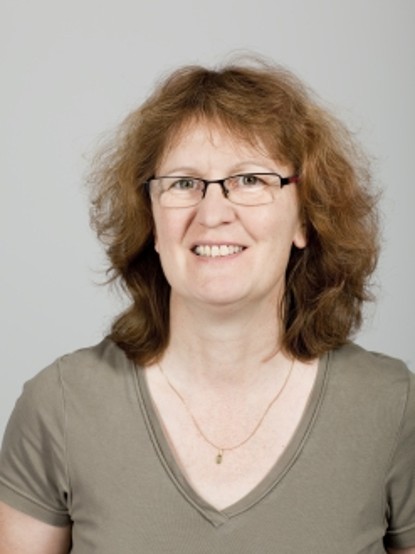Droplets and bubbles with phase transitions
Talk by Detlef Lohse (University of Twente)
29.03.2019
On March 29, 2019 our guest Detlef Lohse (University of Twente) will describe and explain several simple experiments in which phase transitions in and around single droplets and bubbles play an important role.
The talk will cover vapor bubbles and freezing and boiling droplets, on cold and hot surfaces, and in cold and hot surrounding liquid, showing beautiful and often unexpected phenomena.
One example consists of a drop of water that freezes from the outside: the expansion of water upon freezing is incompatible with the self-confinement by a rigid ice shell. Using high-speed imaging we show that this conundrum is resolved through an intermittent fracturing of the brittle ice shell and cavitation in the enclosed liquid, culminating in an explosion of the partially frozen droplet. Lohses group proposes a basic model to elucidate the interplay between a steady buildup of stresses and their fast release. The model reveals that for millimetric droplets the fragment velocities upon explosion are independent of the droplet size and only depend on material properties (such as the tensile stress of the ice and the bulk modulus of water). For small (submillimetric) droplets, on the other hand, surface tension starts to play a role. In this regime we predict that water droplets with radii below 50 μm are unlikely to explode at all. The findings are expected to be relevant in the modeling of freezing cloud and rain droplets.
Another example is a liquid droplet that impacts a solid surface so hot that enough vapor is generated under it to prevent its contact with the solid. The minimum solid temperature for this so-called Leidenfrost effect to occur is termed the Leidenfrost temperature. The group observes the wetting or drying and the levitation dynamics of the droplet using high-speed total internal reflection imaging, which enables us to observe the droplet base up to about 100 nm above the substrate surface. By this method the group is able to reveal the processes responsible for the transitional regime between the fully wetting and the fully levitated droplet as the solid temperature increases, thus shedding light on the characteristic time and length scales setting the dynamic Leidenfrost temperature for droplet impact on an isothermal substrate.”
Detlef Lohse heads the Physics of Fluids group at the Department of Applied Physics, University of Twente, Enschede, the Netherlands. His present research includes turbulence and bubbles, granular flow, micro- and nanofluidics, and biomedical flows. He recently has been awarded the Max Planck Medal 2019 of the German Physical Society, the Balzan Prize 2018 for Fluid Dynamics and the Fluid Dynamics Prize of the APS Division of Fluid Dynamics in 2017.
In a subsequent short presentation, Kai Schweikert (CRC 1194) will present latest results of the CRC experiment on microlayer formation and evaporation during forced de-wetting of superheated substrates.
Date: March 29, 2019, 11:00-12:30 hrs
Venue: L2|06, Room 100

